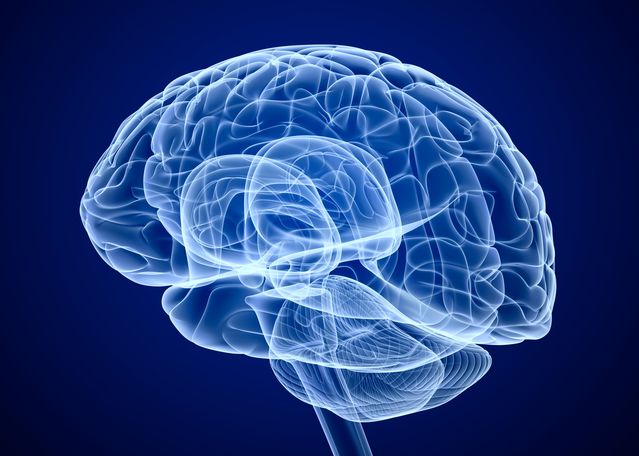Our Brain Can Rewire Itself Following A Traumatic Bodily Injury: Study
The University of Missouri scientists have found a new understanding of how the human brain’s complex neural map functions. Analogous results have been earlier described in animal studies, however, this is among the foremost studies where such a finding has been registered in humans. The Miller Family Chair in Cognitive Neuroscience, the Department of Psychological Sciences, Scott Frey, stated, “When an individual holds anything with their right hand, a particular ‘hand region’ in the brain’s left side is lit up. An analogous, but opposed reaction takes place with the left hand. However, when a hand is lost by somebody, we discovered that the brain’s both ‘hand regions’—right and left—become committed to the residual healthy hand. It’s an outstanding instance of the human brain’s functional restructuring or the plasticity.”
Functional MRI (fMRI) was utilized by scientists for brain scanning of 48 participants—19 of them had lost a hand—at the MU Brain Imaging Center. An air-based, computer-controlled system was developed by the team to present light touch to the face and hands. In their scans, the team observed that when the brain is shunned of signal from a lost hand, it restructures its neural map and redirects those roles to the leftover hand. Frey stated this finding can assist medical professionals and researchers better comprehend the fundamental mechanisms responsible for the plasticity of the brain when a traumatic bodily injury happens.
Likewise, screen time use by toddlers, preschoolers, and infants has increased over the past decade, bringing up concerns among experts regarding the impact of tablets, smartphones, and TV on these vital years of swift brain growth. Now a brain scan was performed in a recent study of kids 3–5 years old and discovered those who utilized screens more than the advised 1 hour/day with no parental participation had lower development levels in the white matter of the brain—a key region for the development of literacy, cognitive skills, and language.
